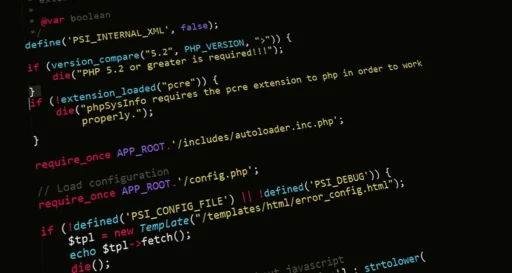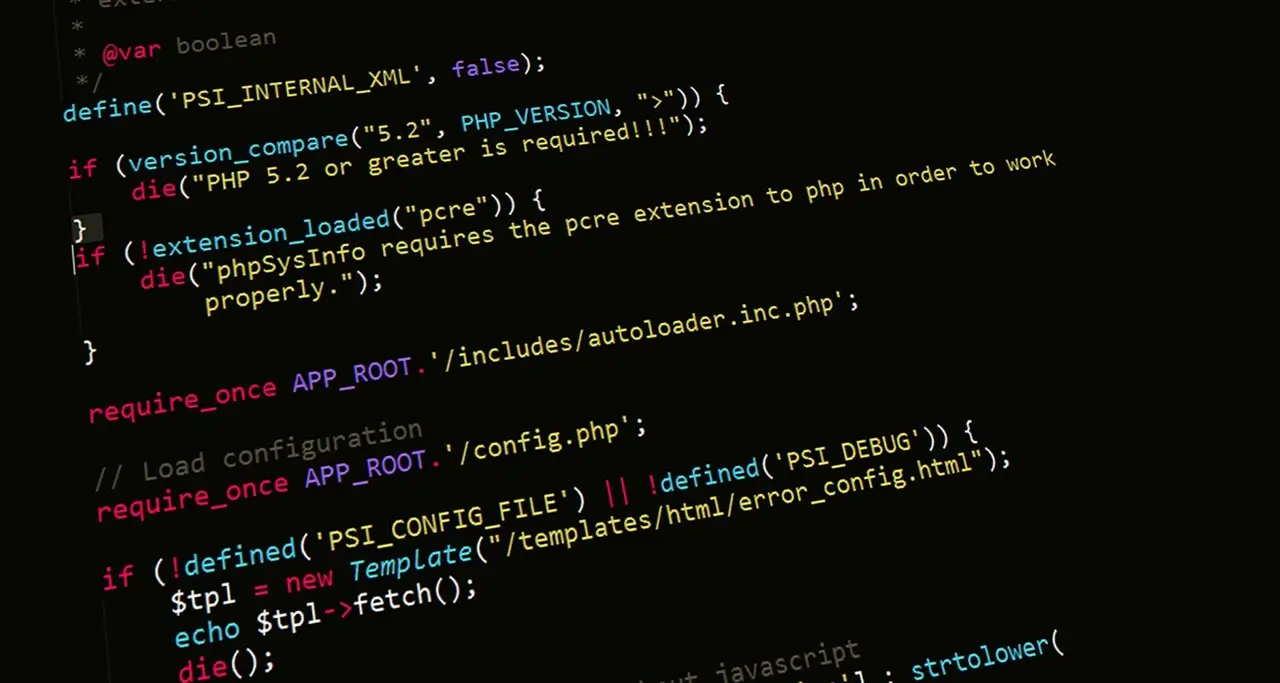Programming has always been my passion. From the ages of 9 to 17, I dabbled in coding, making slow but steady progress. However, it wasn’t until my senior year of high school that I experienced a significant leap in my abilities. This transformation happened thanks to a remarkable book: Structure and Interpretation of Computer Programs (SICP), which is available for free here. In this blog post, I’ll share my journey and offer insights for novice programmers on how to effectively improve their skills.
1. Discovering the Power of SICP
Before encountering SICP, my approach to programming was limited. I could solve problems only if I knew which functions to call. My understanding of iteration was minimal, and recursion was a complete mystery. I treated the computer like a sophisticated calculator. SICP changed all that. By completing 100% of the exercises, I learned how to break down complex problems into manageable parts. This book was a game-changer, giving me a solid foundation that I coasted on throughout college.
2. Avoid the Mediocrity Trap

As a novice programmer, focusing on your eventual goal can lead to mediocrity. Specializing too early, while still in the “calculator phase,” is a mistake. Memorizing libraries and syntax won’t teach you to solve problems. Instead, it’s crucial to learn general and fundamental techniques that will serve you well in the long run.
3. Embrace Self-Reliance
Relying on others for answers can be a waste of time. Anything that can be answered quickly can usually be found faster through a simple Google search. For more complex issues that aren’t easily searchable, the only solution is often hours of dedicated thought. Human language can be insufficient to convey complex concepts. Imagine trying to explain how to ride a bike using only words—it’s nearly impossible without practical experience.
4. Choose Projects Wisely
Picking your own project as a novice might seem appealing, but it can often lead to frustration. You’ll find yourself mired in uncertainty, making it harder to develop fundamental skills. Instead, focus on structured exercises until you have a clear understanding and can tackle more complex projects without getting overwhelmed.
5. Understand the Role of Debuggers
For beginners, a debugger is not always necessary. Debuggers are tools for dealing with complex systems whose behavior isn’t easily predictable. Novices typically write shorter programs, around 20 lines, which can be reasoned through on paper or in your head. This practice helps in understanding the flow of the code and developing problem-solving skills.
6. The Importance of Iteration and Recursion

Iteration and recursion are key concepts in programming. Before SICP, my understanding of these concepts was limited. Iteration involves repeating a sequence of instructions until a specific condition is met, while recursion is a function calling itself to solve smaller instances of the same problem. Mastering these techniques is essential for solving complex problems efficiently.
7. Breaking Down Problems
One of the most valuable skills I gained from SICP is the ability to break down complex problems into smaller, more manageable parts. This skill is crucial for tackling larger projects and understanding how different components of a program interact with each other.
8. Continuous Learning
Programming is a field that requires continuous learning. SICP was just the beginning for me. After building a strong foundation, it’s important to keep exploring new concepts, languages, and technologies. This mindset will help you stay relevant and adaptable in an ever-evolving industry.
9. Utilizing Online Resources
There are countless resources available online to help you improve your programming skills. Websites like Khan Academy and Codecademy offer free courses on various programming languages and concepts. Leveraging these resources can supplement your learning and provide different perspectives on problem-solving.
10. Practice, Practice, Practice
Finally, the most important piece of advice is to practice as much as possible. Programming is a skill that improves with consistent effort and application. Work on exercises, participate in coding challenges, and collaborate on projects to refine your skills and build confidence.





